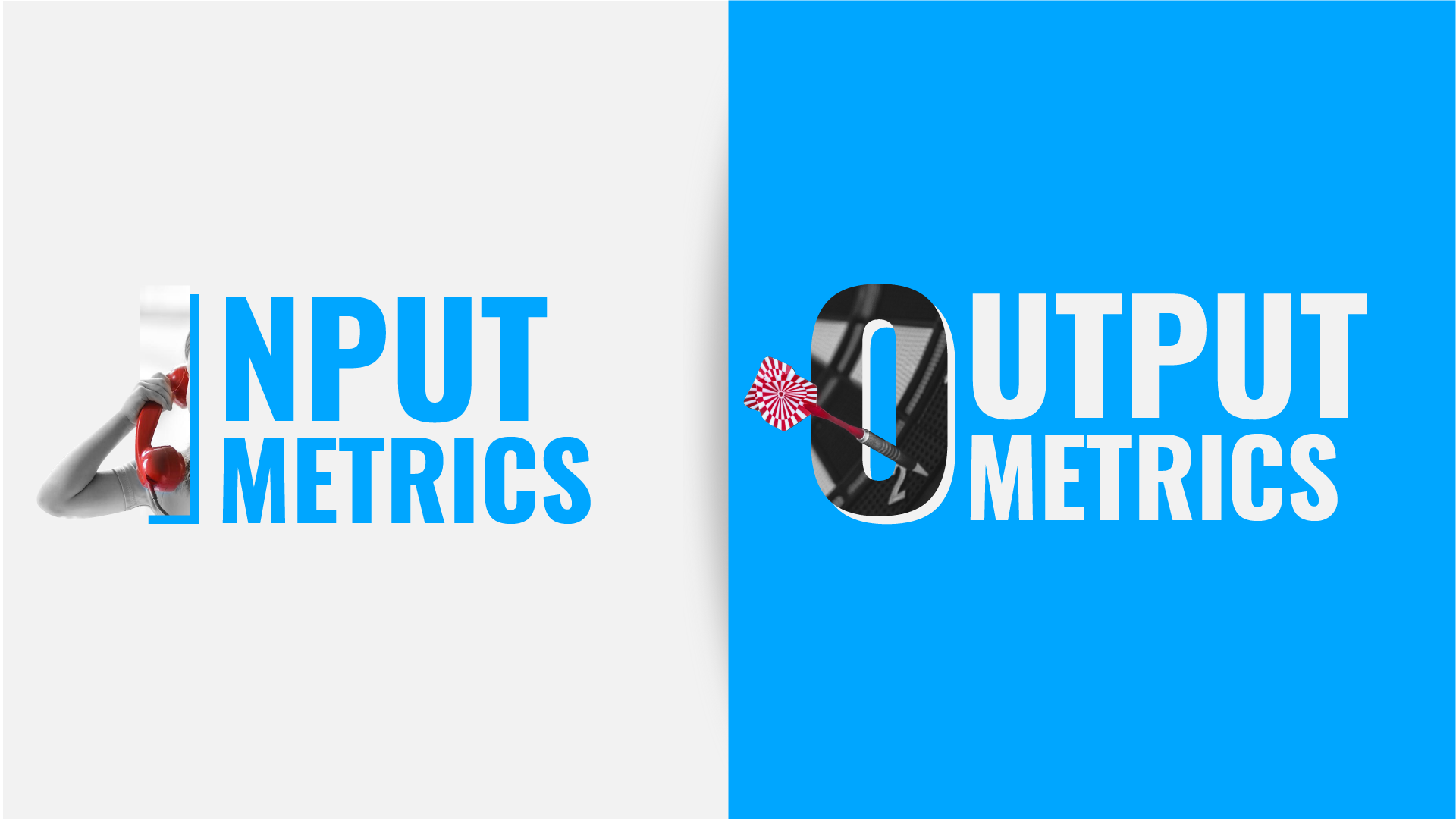Bad data is comparable to disinformation, which leads entrepreneurs to wrong conclusions, undesired outcomes, or overspent money unconsciously. Check out this video to see what has been putting your business in danger yet you may not be aware of it during regular operations.
We’ve landed a dream customer recently. When we took over and looked into the account, we found a common mistake that we’ve seen happened among small businesses repeatedly, which is, the book is inconsistent. Sometimes they do the book using an accrual basis, and the other times they do it on a cash basis. It skews the numbers because the revenue and expenses are not lining up.
A Real-life Example Showing How Bad Data Hurts Your Business
The situation is that they have a vendor who always sends in invoices late, and they don’t accrual the expenses for that. Things you bought in January, don’t show up in Feb, in Mar, and in April – which makes January revenue/profit much better than it actually is. So it gives you an impression that you’re doing well, and probably will overspend your money or make the wrong business decisions that can distort your business secretly.
Quick Fix in This Case
It’s good that you understand the differences between data and perception. But if you plan to make an informed decision based on your financial statement. Make sure you are doing your book on an accrual basis. More importantly, the key is to make sure your book is consistent, and if there is an issue – be sure you know what the issue is. Talk to your accountant and start making a decision out of your numbers.
What Is Bad Data?
Bad data can be classified into six categories: nonconforming, inaccurate, poorly formatted, incomplete, duplicate, and inappropriate. Nonconforming data refers to those collected by inconsistent systems, while inappropriate means that the information has been placed in the wrong field. Poorly formatted data has typos, grammatical errors, and spelling inconsistencies for names or specific terms.
Duplicate data means that the same information occupies more than one entry in your database. That can skew results when you are calculating revenue. Incomplete data means that vital information is missing, such as email addresses.
Going back to our example, our client had nonconforming data. Their systems used two different methods when dealing with vendors, and that skewed their records of revenue and profit.
Case Studies Of Bad Data Causing Faulty Business Decisions
Programmers have a name for bad data in tech industries; they call it “Garbage in, Garbage Out,” or Gigo. Many good businesses have suffered from unwittingly implementing bad data in their operations, so we believe the term is apropos.
Let’s consider telemarketers. They have to perform cold calling to reach their quotas. Often telemarketers are given a list of people to call to try and sell products or services. The most awkward part can happen if they call a household and ask for a dead person. A company updating its data could avoid a family member bluntly saying their parent or sibling is dead and losing a potential conversion rate. The same applies if you sent customized advertising to a business, and the addressee no longer works there.
Companies also risk insulting their customers if they fail to proofread or fact-check. One journalist recalled getting a credit card offer addressed to “Lisa Is A Slut McIntire” while Pinterest accidentally emailed single women congratulation them on nonexistent, upcoming weddings.
How To Evaluate Data Quality
You can’t avoid bad data completely. A business’s systems, as well as the people who maintain them, are imperfect. Typos are bound to happen in this day and age, as are algorithm and programming errors.
With that said, you can reduce the amount of bad data within your business. In fact, at DeepSky we say that it’s imperative to do so. It can damage employees’ views of their productivity and significantly sabotage morale. Or you can find yourself running out of cash flow in the case of late invoices, and potentially go bankrupt.
The first step is to ensure that your processes are consistent. Use an accrual basis and not a cash basis. Keep track of late invoices for your cashflow.
Second, never get complacent and double-check the numbers on a regular basis. This may seem tedious and time-consuming, but it will save your management the effort of correcting those errors at the last minute. At DeepSky we perform this for our clients using the FinancialWingmanTM program.
Improve Your Data Sets With MEASURE x HACK
DeepSky wants to provide your business with the potential to optimize profit and finances. We have a team of experts that will deliver good data to your doorstep. If you want to make the best out of data, check out our sister company MEASURE x HACK. We have been using its methodology and applying it to all of our clients to help them navigate the business.
Contact us today to learn more. Until next time – we hope your book is on the accrual basis and that you are growing profitably!


